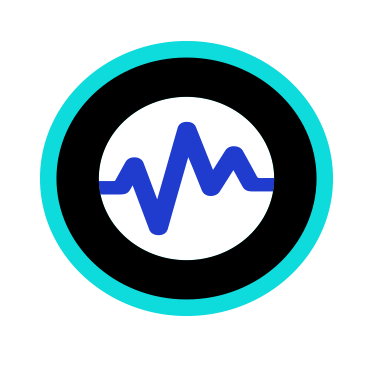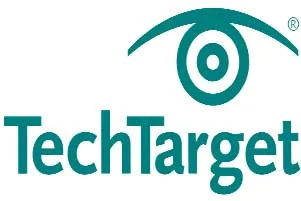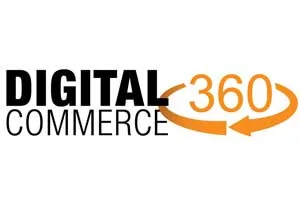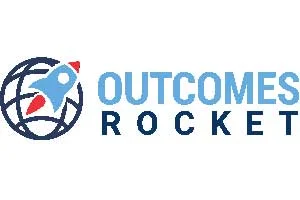Physicians spend a lot of time entering clinical data and notes into EHRs. AI, natural language processing and dictation tools can alleviate the burden of care documentation.
Read MoreMore than 43M people (18+) in the U.S. now own a smart speaker. And it’s no longer just the early adopters using these devices. New smart speaker owners are emerging as a distinct audience in terms of user profile, behavior and media habits, according to new research from The Smart Audio Report, a recurring study from NPR and Edison Research. The Spring 2018 release for the first time offers a preview into the realities of mainstream use and reveals opportunities across industries – from marketing and publishing to tech and services.
Read MoreAnhui Provincial Hospital became China’s first intelligent hospital in August, using artificial intelligence-enabled systems to help doctors with medical diagnoses and treatment.
Read MoreThe number of tech companies pursuing health care seems to have reached an all-time high: Google, Amazon, Apple, and IBM’s Watson all want to change health care using artificial intelligence. IBM has even rebranded its health offering as “Watson Health — Cognitive Healthcare Solutions.” Although technologies from these giants show great promise, the question of whether effective health care AI already exists or whether it is still a dream remains.
Read MoreResearch from AARP has found 90% of adults aged 50 and older use technology to stay connected. Based on that research, AARP has partnered with two Boston-based digital health startups that have combined technology and healthcare with a friendly face to provide a health-focused robotic companion in the homes of individuals selected to participate in a pilot study of the product.
Read MoreGoogle is working to liberate doctors from electronic health records with the global tech giant working towards a test of its AI voice recognition system for clinical notes in a healthcare provider by the end of the year.
Read MoreGoogle is looking to build up its Google Brain team with the aim of developing the “next gen clinical visit experience,” CNBC reports, citing internal job postings at the Silicon Valley company
Read MoreGoogle is beefing its healthcare-focused Brain research team to build the "next gen clinical visit experience," according to internal job postings. The team already has a study with Stanford Medicine that aims to use artificial intelligence and voice recognition to automatically generate electronic health records.
Read MoreThere is a massive shift in technology taking place right now that is affecting how patients find information today. Voice search is no longer a novelty. Instead of asking Alexa or Google for the weather forecast or answers to random trivia questions, individuals are using voice search for important day-to-day tasks—particularly, those related to healthcare.
Read MoreEmerging out of stealth mode, health tech startup Robin Healthcare has just announced its voice-enabled AI device that is designed to help doctors and clinicians write clinical notes. The device, which looks similar to an Amazon Alexa or Google Home voice assistant, will sit in a doctor’s office and draft notes from doctors' spoken conversations.
Read MorePureTech Health plc (LSE: PRTC) (“PureTech Health” or the “Company”), an advanced, clinical-stage biopharmaceutical company, is pleased to note that Sonde Health, an affiliate of PureTech Health, today announced the appointment of Thai Lee to its Board of Directors. Ms Lee is recognised as a prominent business leader in the information technology industry and brings more than two decades of experience to Sonde’s Board of Directors.
Read MoreWelcome to the Outcomes Rocket podcast where we inspire collaborative thinking, improved outcomes and business success with today's most successful and inspiring healthcare leaders and influencers. And now your host, Saul Marquez
Read MoreDoesn’t sound that crazy, does it? For years, voice assistantshave been changing the way people shop, get around, and manage their home entertainment systems. Now they’re starting to show up someplace even a little more personal: the doctor’s office. The goal isn’t to replace physicians with sentient speakers. Quite the opposite.
Read MoreEven allergy recommendations are getting souped up with algorithms powered by brands. Earlier this month, Johnson & Johnson’s Zyrtec rolled out a Google Assistant skill that cranks out daily allergy and weather information as part of a bigger data initiative to personalize messaging.
Read MoreEven allergy recommendations are getting souped up with algorithms powered by brands. Earlier this month, Johnson & Johnson’s Zyrtec rolled out a Google Assistant skill that cranks out daily allergy and weather information as part of a bigger data initiative to personalize messaging.
Read MoreInterns in select Massachusetts and Rhode Island ambulances this summer won’t need seatbelts, or even seats. Brewster Ambulance Service, a private New England company based in Weymouth, Massachusetts, plans to test Amazon Alexa in ambulances for medical information assistance, The Boston Globe reports.
Read MoreThis week has spurred some major patent announcements from digital health companies Akili Interactive and Sonde Health, which are both affiliated with PureTech Health, a cross disciplinary biopharma company. The two companies announced they have been granted the rights to multiple international digital health patents. Akili revealed they are developing a technology aimed at using neural stimulation to treat cognitive dysfunction and Sonde went public with a patent that uses speech to measure vocal biomarkers for physical or psychological conditions.
Read MoreChatbots and virtual assistants may offer healthcare organizations a low-cost entry point into the burgeoning world of artificial intelligence, indicates a new cross-industry survey conducted by Spiceworks.
Read More




















